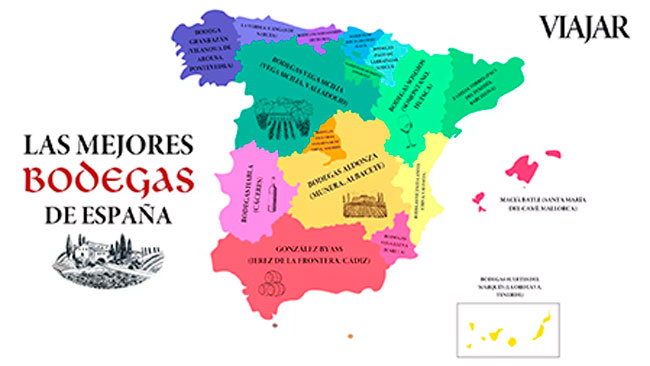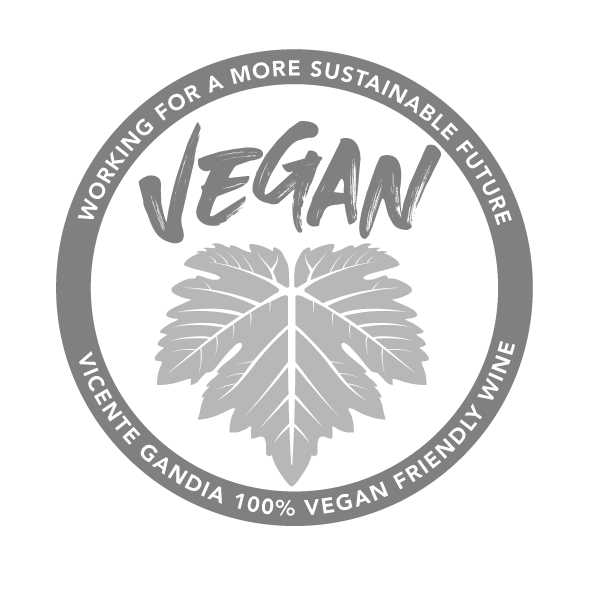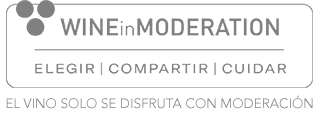Last April we passed our first unannounced audit under the strict IFS Food and BRCGS Food quality and food safety standards.
The BRCGS (British Retail Consortium Global Standard, founded in 1996 under the name of BRC) and IFS (International Featured Standard, founded in 2003 as International Food Standard) standards are internationally recognized food quality and safety certifications, covered by the Global Initiative Food Safety (GFSI).
Although, initially, both standards were developed by the distribution chains (Anglo-Saxon in the case of BRC, Franco-German, in the case of IFS) to establish the approval criteria for their suppliers in order to guarantee the maximum level of protection customers and consumers, they are currently used by the entire food sector as a reference for quality and food safety. In fact, both BRCGS and IFS have developed new protocols applicable to non-food companies, such as companies dedicated to logistics activities (eg IFS Logistics, BRCGS Storage and Distribution) and packaging manufacturing (eg IFS PACsecure, BRCGS Packaging materials). These new protocols are often used in turn by companies in the agri-food sector to evaluate their suppliers.
The global recognition of the IFS and BRCGS brands is due to the rigor of the evaluation process, training of the team of auditors and their high demand in aspects related to:
- Commitment of the management team
- HACCP food safety plan
- Food safety and quality management system
- Standards relating to facilities and equipment
- Product and process control
- Staff Requirements
Currently, these regulations contemplate the possibility of overcoming unannounced audits, as one more step in the transparency of organizations.
These are audits in which the audit team shows up unannounced at the facilities and must be allowed immediate access to proceed with the evaluation of all the requirements.
After more than 15 years since the first BRCGS audit and 10 years since the first IFS audit, we have a solid system, with a long history, which has been consolidating all the normative and regulatory changes, as well as the expectations, needs and requirements of our stakeholders.
During this period, a culture of quality and food safety has been forged, key to getting people involved in their work, with a sense of belonging to the organization and motivated to achieve the objectives of the management system.
The recent passing of the unannounced audit confirms the internalization of the requirements in our way of working and encourages us to continue striving every day to continue advancing on the path of continuous improvement.

Article written by:
Laia Esteve,
Quality and sustainability Manager





















